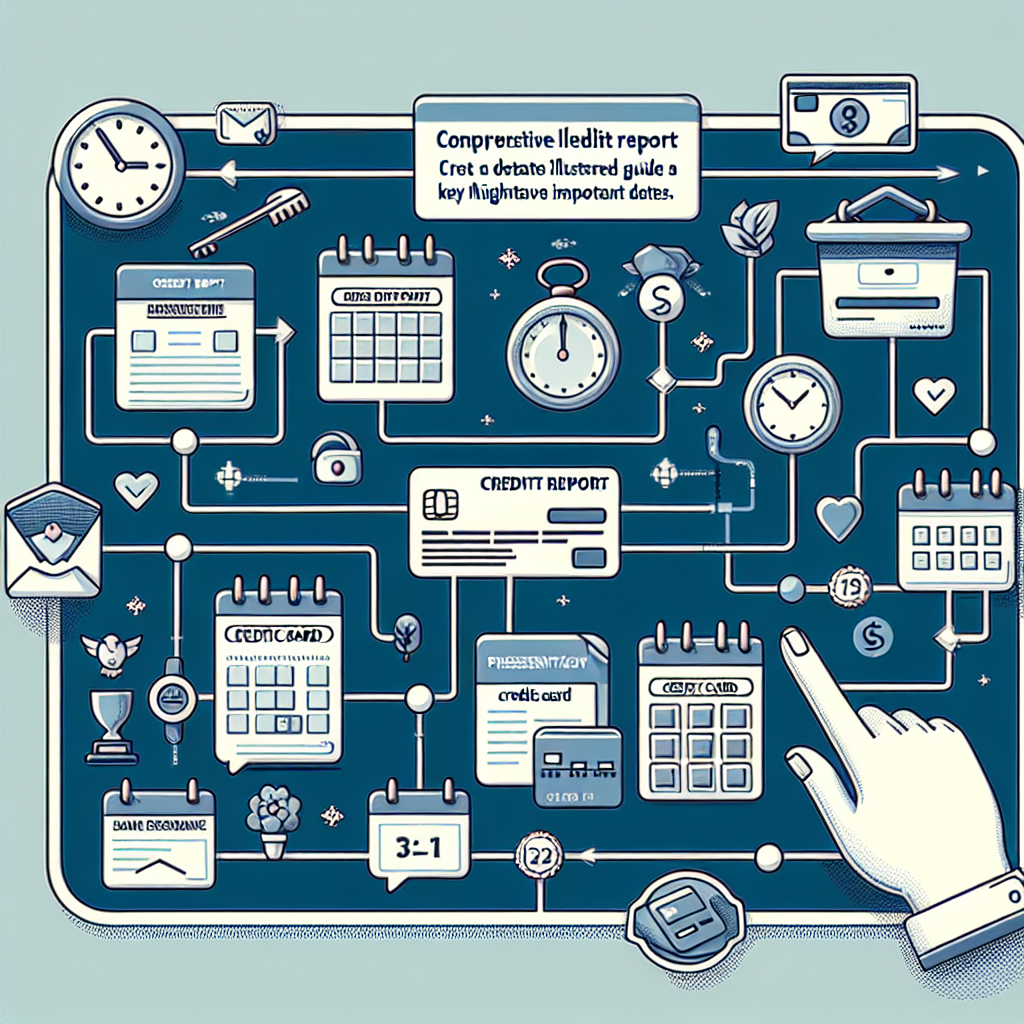Key Points to Remember
- Credit card issuers usually send your account info to credit bureaus near the close of each billing period, though exact timing isn’t set in stone.
- Details like on-time payments, missed deadlines, and how much credit you use get shared, all influencing your credit score.
- If pinpointing when your credit updates matters, a quick call to your card provider will clear things up.
To understand how your credit card affects your credit score, three main stages come into play.
Paying your balance fully and on schedule kicks it off — or not, depending on your habits.
Next up, your card company reports your recent activity to the credit bureaus, providing the raw data for credit scoring.
Since a solid credit score unlocks access to loans—be it personal, auto, mortgages, and more—you’re probably curious about the timing of these reports. We’ll dive deep and share insights from Margaret Poe, TransUnion’s expert on consumer credit education.
When Exactly Do Credit Cards Report to Credit Bureaus?
Truth be told, there’s no magic calendar date when all card issuers submit your activity.
Margaret Poe notes that most issuers touch base with credit bureaus approximately every 30 to 45 days, syncing with the end of the billing cycle.
“That window can shift,” Poe clarifies. “If you juggle several cards, you might notice your balances pop up on your credit reports on differing days.”
Key dates like your payment due date are fixed and critical: missing the minimum payment by that point means a late payment on record, and carrying a balance beyond that will start racking up interest charges.
Since credit reporting isn’t mandatory, issuers may choose to report to all three credit bureaus, only a few, or none at all. Many opt to report monthly—typically at the billing cycle’s end—but some swing the pendulum in either direction, reporting more or less often. Also, keep in mind your billing cycle rarely matches up perfectly with calendar months.
For instance, one of my Chase cards wraps up billing on the 20th each month, which is also when the latest balance hit the credit bureaus. The payment deadline lands on the 17th of the next month.
Meanwhile, two other cards I own showed activity on the 14th and 24th of their respective billing cycles, matching their own schedule.
Quick Facts:
TransUnion, Experian, and Equifax—the three major credit bureaus—receive millions of updates daily from thousands of lenders. The timing and completeness of these reports can influence credit scores significantly. Some lenders report to all three bureaus, while others report selectively, which can lead to score variations across bureaus.
How to Find Out When Your Card’s Activity Gets Reported
The simplest move? Reach out to your credit card issuer and inquire about their reporting schedule.
Alternatively, tap into their complimentary credit monitoring tools—like Chase Credit Journey or Capital One’s CreditWise—to track exactly when your info hits the bureaus.
When Can You Expect Your Credit Score to Reflect Changes?
Wondering when your credit score will shift after a billing cycle? It’s a bit of a moving target.
Poe points out the fluid nature of relationships between lenders, credit bureaus, and scoring agencies creates a dynamic scoring landscape.
Multiple scoring algorithms exist—FICO and VantageScore among them—and your score can dance up or down depending on which model is used. “Seeing fluctuations across models is totally normal,” says Poe.
In fact, your score might jump around day-to-day based on new reports, hard pulls for credit applications, and other factors.
Reporting of Late Credit Card Payments
While no one plans to miss a payment, slips happen—especially without autopay or sufficient funds.
Your payment history accounts for roughly 35% of your FICO score, so knowing when late payments land on your credit profile is crucial.
One or two tardy payments won’t instantly tank your credit, but once a payment is over 30 days past due, it’s usually flagged and reported to credit bureaus. Additional milestones at 60, 90, and 120 days late cause further damage.
Even if you can’t clear the full balance, getting at least the minimum payment in on time helps dodge those late payment strikes, though interest will still build on remaining debt.
When you’re able, tackling the full balance is wise. Poe recommends this as the fastest path to healing your credit.
Also important: negative marks like third-party collections or bankruptcies—Chapter 7 bankruptcy stays on your credit for up to 10 years, while Chapter 13 sticks around for about seven years—keep impacting your score for a long haul. Earlier intervention is always better.
“Bad credit isn’t the end of the road. No matter where you are, rebuilding is always on the table,” Poe reminds us.
The Role of Credit Utilization in Reporting
Credit utilization—or FICO’s so-called “amounts owed”—makes up about 30% of your credit score.
This ratio measures how much of your available credit you’re actually using at any given time.
If you’ve recently racked up expenses and need your credit score in top shape soon, Poe’s advice is to knock down some—or all—of your balance before the billing period closes. When the issuer reports your account, the owed amount should show low or zero, giving your score a boost.
“As soon as cash is in hand, chip away at that balance,” says Poe.
Final Thoughts: Managing Your Credit Reporting Timeline
Nailing down when your credit card info hits the bureaus can empower you to time your payments and balances smartly—maximizing your credit score’s potential.
Though reporting typically happens near the billing cycle’s end, confirming with your card issuer ensures you’re not caught off guard.
Don’t forget, you’re entitled to a free credit report weekly from each major bureau, so keep an eye on your credit standing regularly.
